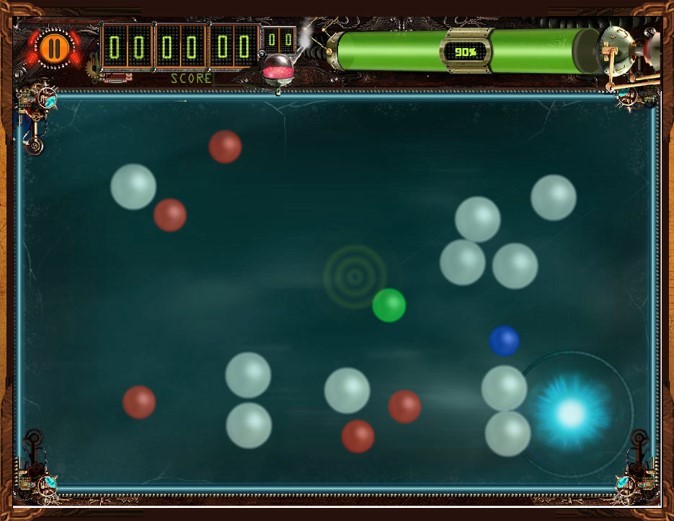Landmark College Wins Major NSF Grants

PUTNEY, Vt.—Landmark College received two major research grants this month from the National Science Foundation (NSF). Both projects will examine the best ways to teach science, technology, engineering, and math (STEM) topics to students with learning disabilities.
Landmark College, the Massachusetts Institute of Technology (MIT), and Technical Education Research Centers (TERC) were awarded a $1.16 million National Science Foundation (NSF) grant titled “Revealing the Invisible: Data-Intensive Research Using Cognitive, Psychological, and Physiological Measures to Optimize STEM Learning.” This research project will study ways to measure how and when students learn basic physics concepts while playing an educational digital game called “Impulse.” The research will include students with and without ADHD and/or autism spectrum disorder (ASD). Patterns of play and eye-tracking data will be used to assess what students know and when they know it, and to allow the game to adapt in real time to improve student learning.
Dr. Ibrahim Dahlstrom-Hakki, a research and education specialist with the Landmark College Institute for Research and Training (LCIRT), will lead this two-and-a-half-year research initiative as the principal investigator from Landmark College, together with Dr. Micah Altman of MIT and Dr. Jodi Asbell-Clarke of TERC. “These projects are important because they help us understand how best to teach those students who struggle the most in mainstream learning environments,” said Dahlstrom-Hakki. “If we can develop more effective ways of helping them learn, then we will improve outcomes for all struggling students.”
LCIRT also received a $486,970 award for a proposal entitled "Social Presence During Instructor Mediated Synchronous Versus Asynchronous On-Line Discussions: A Study of Undergraduate Students with Disabilities Learning Statistics." This study will consider how well students with learning disabilities, ADHD, or ASD learn concepts in an online statistics course when the instructor participates in real-time (synchronous) online discussions with the students as opposed to asynchronous discussions. Since online learning is a vast and growing enterprise around the world, this research has the potential to help colleges and universities design online courses that work better for students who learn differently.
Dahlstrom-Hakki and Dr. Manju Banerjee, vice president and director of LCIRT, will lead this three-year research initiative, along with Kevin Keith, Landmark College mathematics and computer science professor, and the rest of the College’s math department.
Landmark College was the first institution of higher learning to pioneer college-level studies for students with dyslexia. Today, Landmark College is a global leader in integrated teaching methods for students with learning disabilities (including dyslexia), ADHD, and autism spectrum disorder (ASD). The College offers two- and four-year degree options, a graduate-level certificate in universal design with technology integration, and summer programs for students who learn differently. Students, faculty, and professionals from around the world are drawn to Landmark College for its innovative educational model, designed through research and practice to help all students become confident, empowered, and independently successful learners.